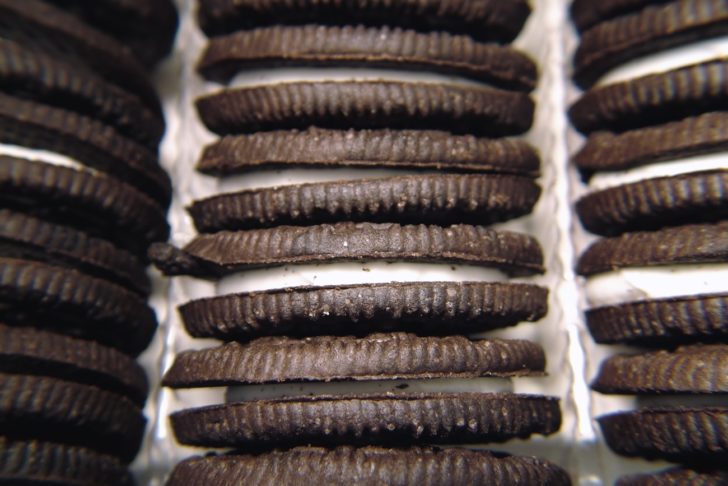
Sugar detoxing is all the rave, with people eliminating sugar in an effort to lose weight, feel great and “reset” their taste buds. While moderating sugar intake may be a good idea for some, needing to eliminate it completely is unnecessary. If you’re tempted by the “I quit sugar for a month and here’s what happened” stories, you might want to think twice. Here’s why.

1. We have a sugar “budget”
There’s a dietitian phrase “moderation not elimination”, referring to the things you hear of that threaten health if over consumed. We need not completely do away with sugar because we have a sugar budget – an amount that can be consumed and be part of a healthy diet. 10% of our calories can come from added sugar each day. Ironically, sugar “detoxing” is frequently followed by overconsumption of sugar rather than moderation or continued elimination of sugar.
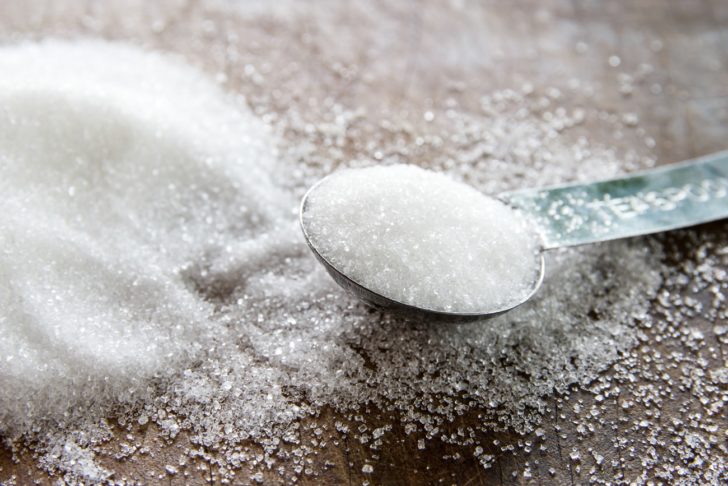
2. We already detox
The “detox” part of sugar detoxing sounds convincing and implies that if we don’t detox, we what, we stay toxic? It’s the perfectly worded invitation for a diet because who in their right minds would want a “toxic” body? Our bodies have the ability to detox. It’s called a liver.
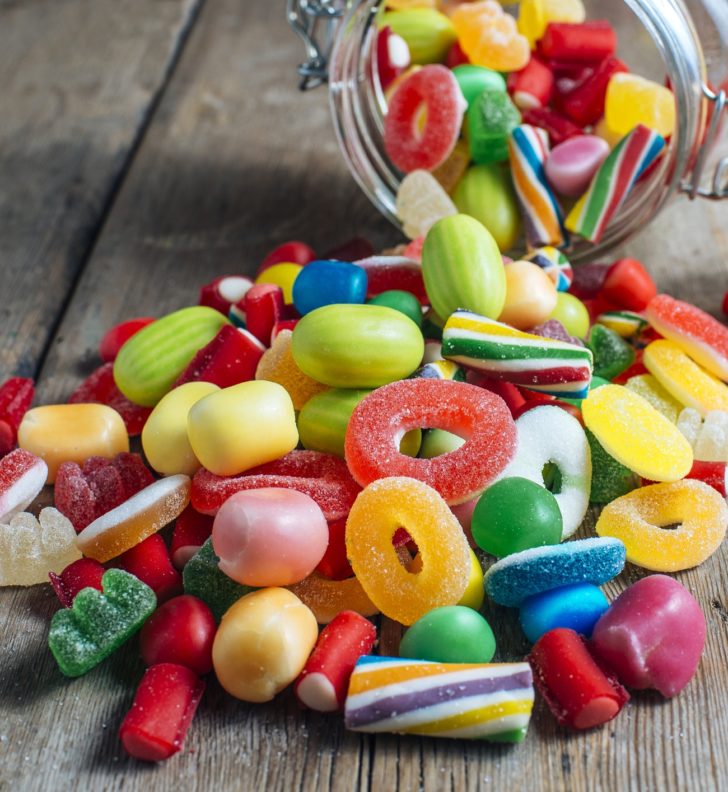
3. Fatigue
Sugar is a type of carbohydrate. Our cells, especially our brain cells, rely on carbohydrate for energy and without enough of it, we feel tired. Removing sugar can lead to inadequate carbohydrate which leads to fatigue. Unfortunately, in the context of sugar “detoxing”, this easily gets misinterpreted as a withdrawal symptom!
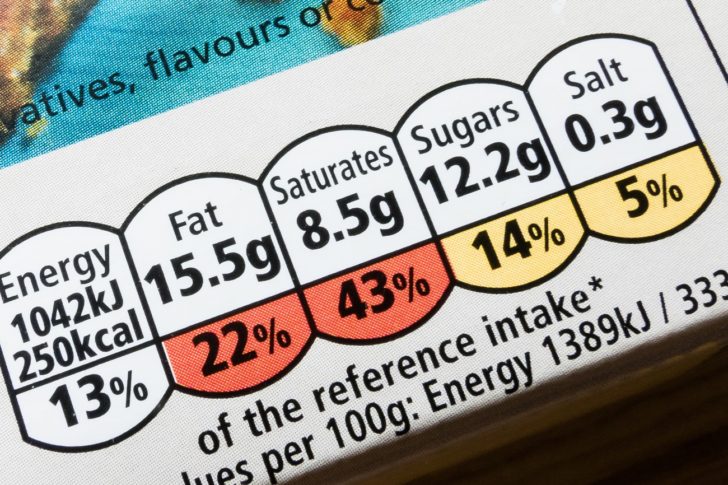
4. Mental deprivation backlash
I Did Not Quit Sugar for 10 Days and Here’s What Happened. Can you imagine that headline? If we don’t eliminate a food or food group, we can avoid getting into the good food/bad food mentality. The good food/bad food mentality sets us up by making what we’ve categorized as “bad food” more salient and often more appealing. We want what we can’t have and having forbidden foods very often leads to eating not just one, but a box of cookies because we get the screw-its (“I had a cookie, now I’ve failed, so screw-it I’ll have the whole box and start again tomorrow”).

5. Physical deprivation backlash
Carbs have gotten such an undeserving bad rap, being called everything from fattening and addicting to inflammatory. But here’s the thing: our primary fuel source is carbohydrate. Our cells need carbohydrate for energy. When we don’t get enough of this necessary fuel, our biology reacts by having us think more and more about carbs until we seek it out and consume it (this is actually a pretty sweet survival mechanism). And when we’ve deprived our bodies of carbs, when we eventually eat the carbs, our bodies will want A LOT to make up for being deficient. Most people interpret this as having no control or willpower, but it’s our biology saying “feed me!”.

6. Social isolation
Detoxers often find themselves missing out on their usual social activities. Recently I noticed my neighbor’s car was in his driveway all weekend, which was odd to me because he has a very busy weekend social life starting with happy hour after work on Friday and ending with his standing Sunday night poker game. He had started a sugar detox and did not feel “strong” enough to be around sugar, so he shut himself up in his house, alone with his meat and nuts. He became more socially isolated because he didn’t want to be around sugar. He also would need to bring his own food everywhere he went, which felt like a lot of work. My neighbor’s experience is similar to what many detoxers describe when they find it difficult to meet their detox goals around others.
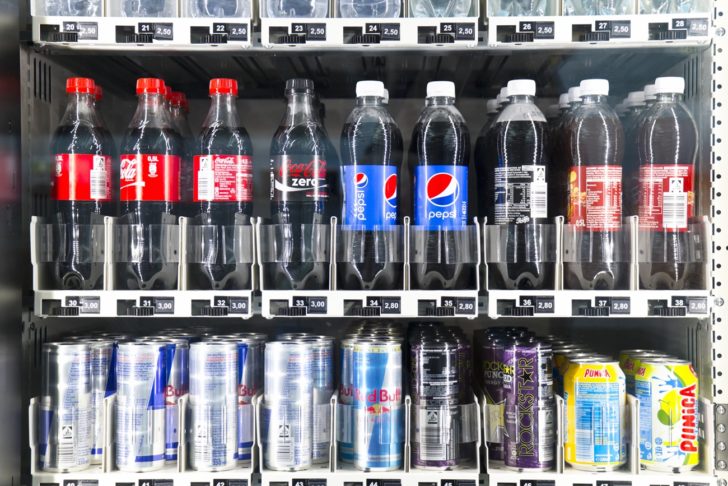
7. There’s a difference between moderate and too much
Do you need to completely eliminate sugar to avoid risk for disease? No, but for some reason eating any sugar gets associated with increased disease risk. Articles encouraging people to completely eliminate sugar are usually citing negative effects of too much sugar, yet they describe needing to detox in order to avoid diabetes, heart disease, belly fat, poor energy, and wrinkled skin. We can avoid disease risk, have healthy skin, and live a long life with sugar in our diets. Remember, it’s moderation not elimination that is the key!
Are there any benefits to sugar detoxing?
There is one not-so-negative outcome, but it’s something that can be achieved without detoxing. When people micromanage their food with rules about sugar, it forces them to get more creative with other foods. Variety often improves with folks who detox as a result of eliminating foods with sugar and needing to find new, interesting foods. Often people get more creative with food and are forced to up their meal planning game.
Achieving moderation without eliminating sugar
Eat mindfully. Sugar consumption is up, but will eliminating it or taxing it really help us keep a healthful eye on it? Is it what we eat or HOW we eat it that needs to be addressed? Is it the existence of the receptionist’s candy bowl at the office that is a problem or is it the mindless candy grab each time you pass the candy bowl? When we pay attention to hunger, fullness, taste, and texture we are eating mindfully. Try getting a little more zen with your eating and see what happens.

Avoid going too long without eating. When we go more than 3 – 4 hours without eating, our blood sugar (glucose) gets too low and our bodies crave foods that will give a quick boost to blood sugar. If you have concerns about your sugar intake and are not eating 3 meals and 2 – 3 snacks per day, try increasing your eating frequency. You won’t have a fair shot at moderating sugar without good eating frequency (and level blood sugar).
Use nutrition to inform your decisions. Here’s what that looks like: you’re at the grocery store considering two types of yogurt that look good. Flip them over, check out the sugar, and choose the lower sugar yogurt. Nutrition driving (versus informing) your decision would be choosing the no sugar yogurt even if it makes you want to gag.
Meaghan Ormsby, MS, RD is a Seattle area dietitian who promotes eating well & keeping it real @ Kitchen Toolz













